Care and Wellbeing of Mothers
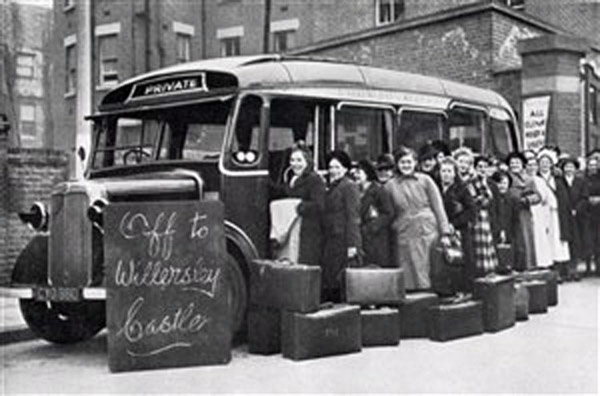
Although mothers were sent to Willersley from all over England, the vast majority were from North East London or local to the area. The expectant mothers living in London were sent to Willersley Castle which had beds for 50 women or to Bragborough Hall, in Northamptonshire, which also served evacuees from St Bartholemews Hospital and local women, two to four weeks before their estimated due date. They travelled by train or charabanc (bus) to Derby Station and then in large groups on a bus or train to Cromford.
Roughly two weeks before their due date, the women were billeted with families in nearby Wirksworth with families who were paid one Guinee a week to host each woman but the system was not without its faults. According to the Derby Times and Chesterfield Herald in 1943, one unfortunate household was taken to court after they continued to cash the vouchers after the mother had forgotten to hand in her voucher to the matron!
‘The London Mothers’ as they became known as by Wirksworth locals, or as a visitor to Wirksworth commented, “Wirksworth must be a rum place – every other women’s pregnant!”, made weekly trips down steep Cromford Hill on a private bus to see the midwives in the castle for ante-natal check-ups. This was also an opportunity for them to socialise with other mothers and receive advice and support from the staff, notably, Miss Troth, a warm natured Salvation Army Matron. It was common for them to go on group visits to the nearby Greyhound Inn for tea and scones and walk back along the banks of the River Derwent.
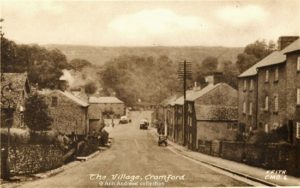
In 1944 The Derby Telegraph sent one of their journalists out to Willersley to interview a Matron, Miss Troth, a Major in the Salvation Army and observe the lifestyle for the mothers staying in Willersley Castle. Her first impression expressed how many of the mothers must have felt on their first visit to Willersley,
“As I walked along the riverbank and up the winding drive, I thought that surely nowhere in all of England could such a gracious house in such glorious surroundings have been chosen for those London women, whose babies might have been born under perilous conditions.”
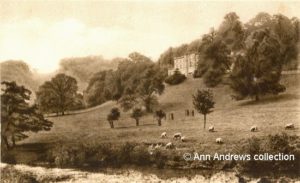
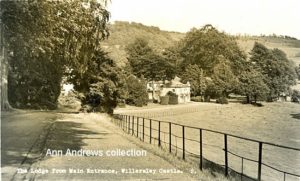
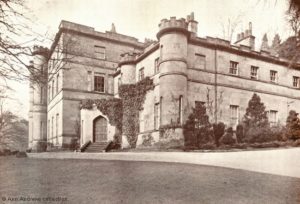
“I arrived when the Matron (Miss K.E. Troth), a most kindly and motherly woman, was at her busiest. It was clinic day, there are three clinics a week and sometimes 15 or so women were waiting to see her. Miss Troth told me that she tried to encourage a friendly feeling between the women, some of whom had never left their native London. “Our resident doctor is a woman, too, she remarked, and I know that gives the girls a feeling of security and confidence, when in so many cases it is their first baby.”
“I know what anxious times they have had”, she said. “Many of them are all alone, their husbands in the services, and I try to make them feel that somebody is interested and willing to give them a helping hand at such a critical time period.”
“They come to me with all kinds of problems, and I am happy to say we always sort them out somehow.”

